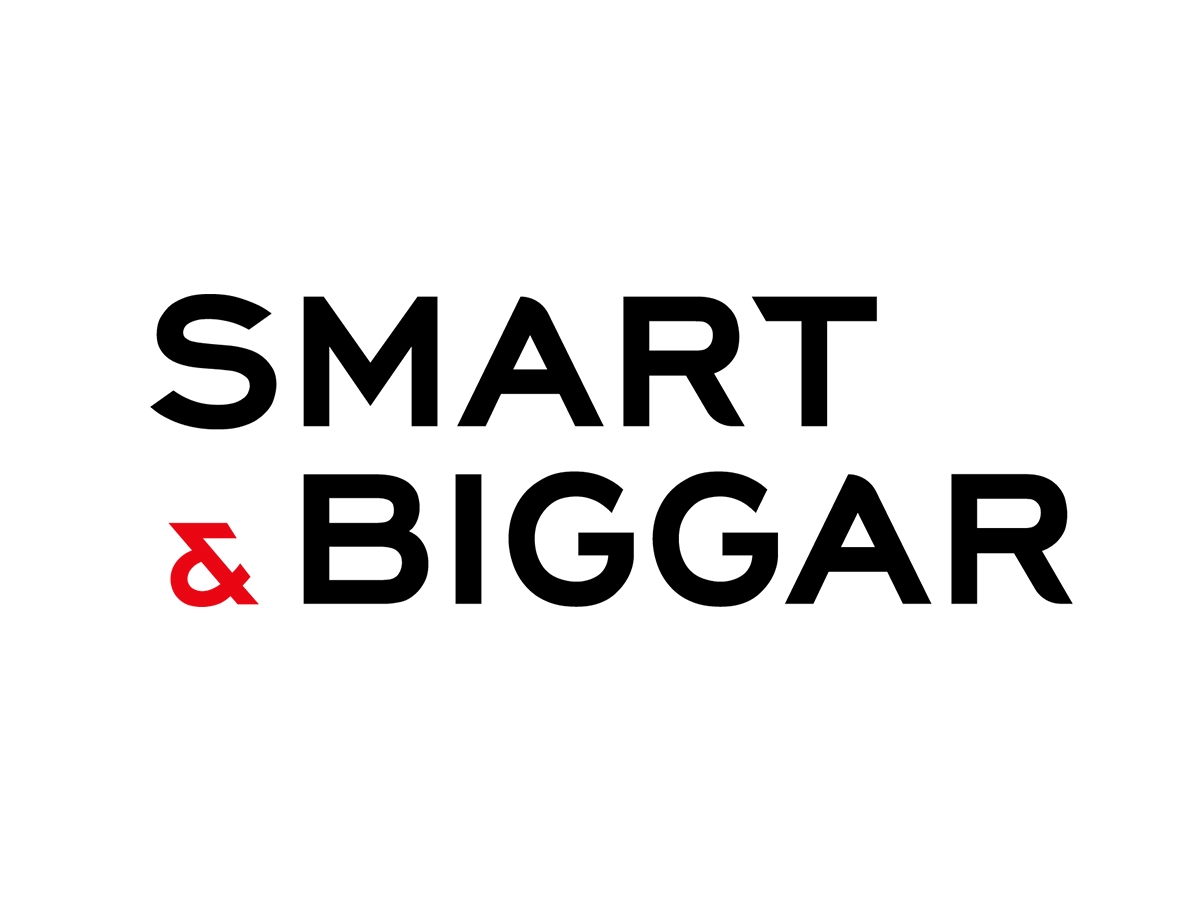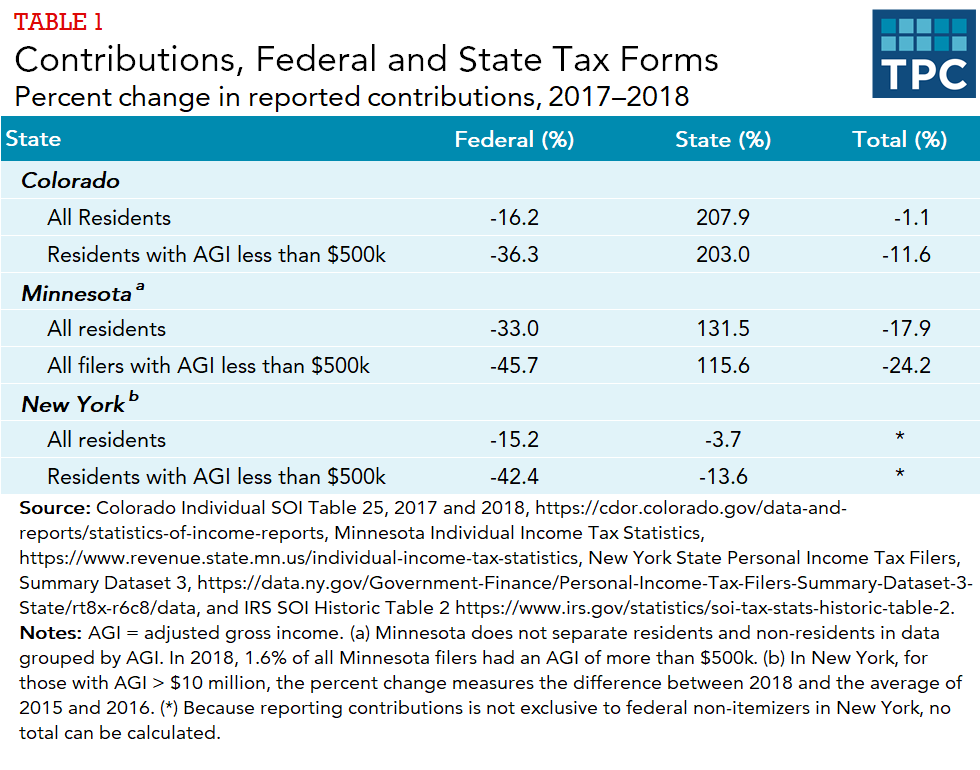Revolutionize your talent strategy with automation
Today’s accounting firm leaders are constantly grappling with two pivotal challenges: attracting top-tier talent and holding on to the people they have.
Retiring Baby Boomers are creating a vacuum, leading to a scarcity of experienced professionals, and there aren’t enough young people graduating with accounting degrees—or choosing to enter public accounting—to fill that void.
This generational shift is not just a numerical problem but also a transfer-of-knowledge issue. Younger professionals who are digital natives have different career expectations. They’re not interested in “paying their dues” by working long hours on low-level, manual work to eventually reap professional rewards. The challenge for CPA firms is to create an environment and a career path that talented young people find appealing.
This is where technology, particularly tax automation, plays a pivotal role.
The role of tax automation
Automation is a strategic asset in recruitment and retention. Automated tax processes standardize workflows, reduce manual errors, and significantly reduce the time spent on repetitive tasks. This shift allows firms to reallocate their talent to more engaging, high-value tasks, fostering a more stimulating and rewarding work environment.
Enhancing recruitment
Showcasing a firm’s commitment to cutting-edge technology like tax automation can be a game-changer in recruitment.
It positions the firm as a forward-thinking, innovative workplace, attractive to an emerging tech-savvy and efficiency-driven workforce. By integrating advanced software solutions, firms can streamline their operations and send a clear message: they are prepared to evolve and adapt to the future of accounting.
Boosting retention
The impact of tax automation is equally effective for retention. By automating mundane tasks, firms can offer employees a more balanced work/life dynamic—a key factor in job satisfaction and employee retention. Automation also opens up opportunities for staff to engage in more complex, strategic work, enhancing their career satisfaction and sense of professional accomplishment.
The technologies making a difference
Several technologies are at the forefront of this transformation, including ones that:
- Smooth the back-and-forth between tax preparers and clients to gather necessary documents
- Streamlining the process of sorting client documents into workpapers and entering information into returns
- Providing a convenient and secure platform for sending and receiving client documents
- Facilitating transparent and efficient workflows
These technologies are not just about keeping up with the times but about setting the pace for the future. By adopting such tools, firms can solve the immediate challenges of talent acquisition and retention and lay a foundation for sustained growth and innovation.
The landscape of tax services is changing, and the firms that will thrive recognize and adapt to these changes. “The Future of Tax Automation: How Software Elevates Your Firm’s Recruitment and Retention,” is a roadmap for firms looking to navigate the complexities of today’s talent market. This white paper offers insights into how embracing technology can transform your firm from the inside out, making it an attractive destination for top-tier talent.
Check out our talent acquisition and retention blog series to learn more actionable strategies to attract and retain top tax, accounting, and audit professionals.






